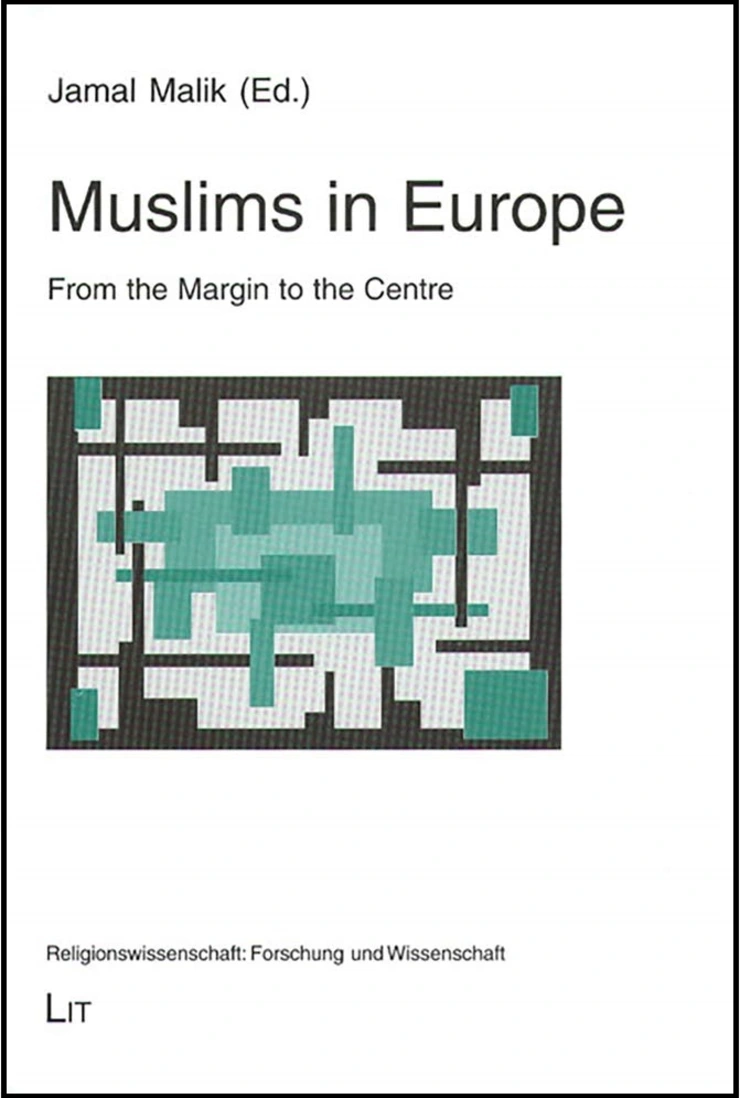Muslim Cultures in Europe

The presence of Muslims in Europe is by far not a new phenomenon. It was already in 710 CE when the first Arabs and North African Berbers landed on the Iberian peninsula, where they founded and held up a series of dynasties until they were defeated by the Catholic reconquista at the end of the 15th century. In Sicily, Muslims were ousted from power at the end of the 11th century whereas they managed to remain in power in Southeast Europe for almost six centuries and still form majority societies in some regions. Muslim cultures that arose under these conditions were of quite some importance for the cultural development of Europe.
Later, during the 19th century, social and political reform endeavours in some Muslim states encouraged their rulers to send students to European countries for further education. That is why, for example, the first Egyptian student group came to Berlin in 1853; and in 1915 the first mosque in Germany was established in Wünsdorf near Berlin. Since then, Muslims have been living in European metropoles.
After the Second World War, the situation took on a new dimension due to the arrival of the so-called "guest workers". Today, Muslims are an integral part of European societies, making an invaluable contribution to their economic and social welfare.
As yet, scholarly research has marked the presence of Muslims in European societies as "diaspora", even though scores of autochthonous Muslims live in Eastern Europe and the majority of Muslim migrant workers has decided to stay in (Western) Europe. Hence, the analytical view almost exclusively focusses on tensions between Muslims and their respective host communities. This relationship, however, can only be understood properly if it is scrutinised from different perspectives. This includes both the comparative study of the situation of Muslim communities within Eastern and Western Europe and the contrasting juxtaposition of newly emerged Muslim communities in Europe and the societies in their countries of origin.
Using a multi-perspective approach, emphasis is being put on the following aspects:
* How do Muslim communities in Europe form their own institutional structures, e.g. in the areas of religious education, training of religious functionaries, or religious missionary work?
* How can dialogue skills be acquired and applied and deficits in integration politics be eliminated?
* What are the characteristics of the relationships between Muslim minority communities in Europe and their societies of origin?
* How are Muslim identities constructed and discourses of validity conducted, also with regard to increasing numbers of genuinely European Muslims (converts and European-born Muslims, with or without a migration background)?
All of these questions are, seen against the background of the current political situation as well as demographical developments, of utmost importance.
